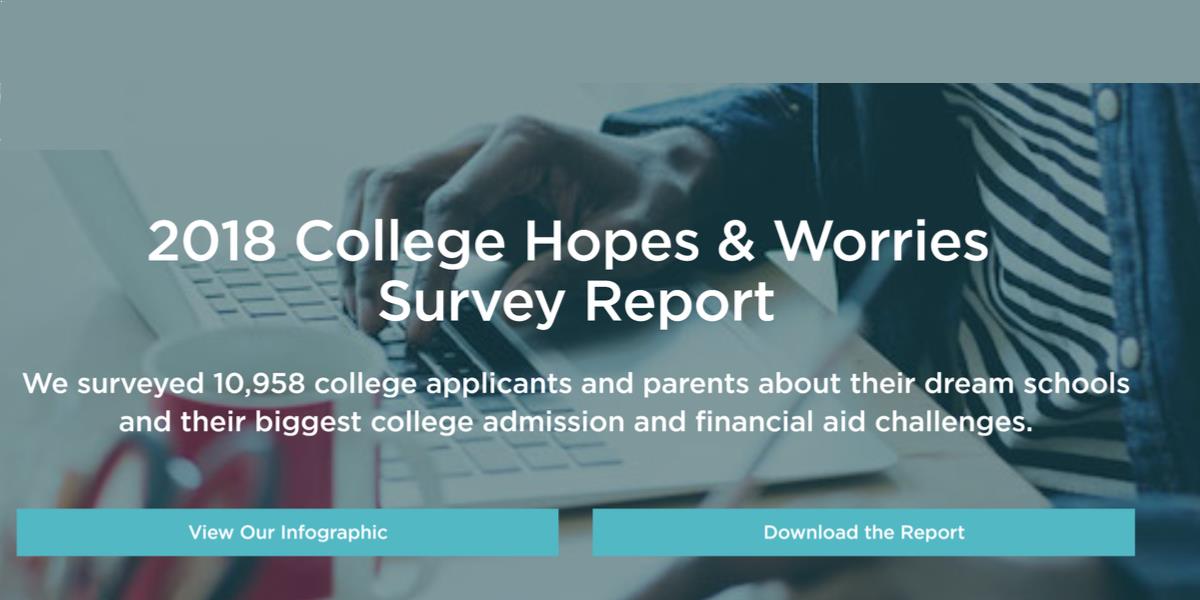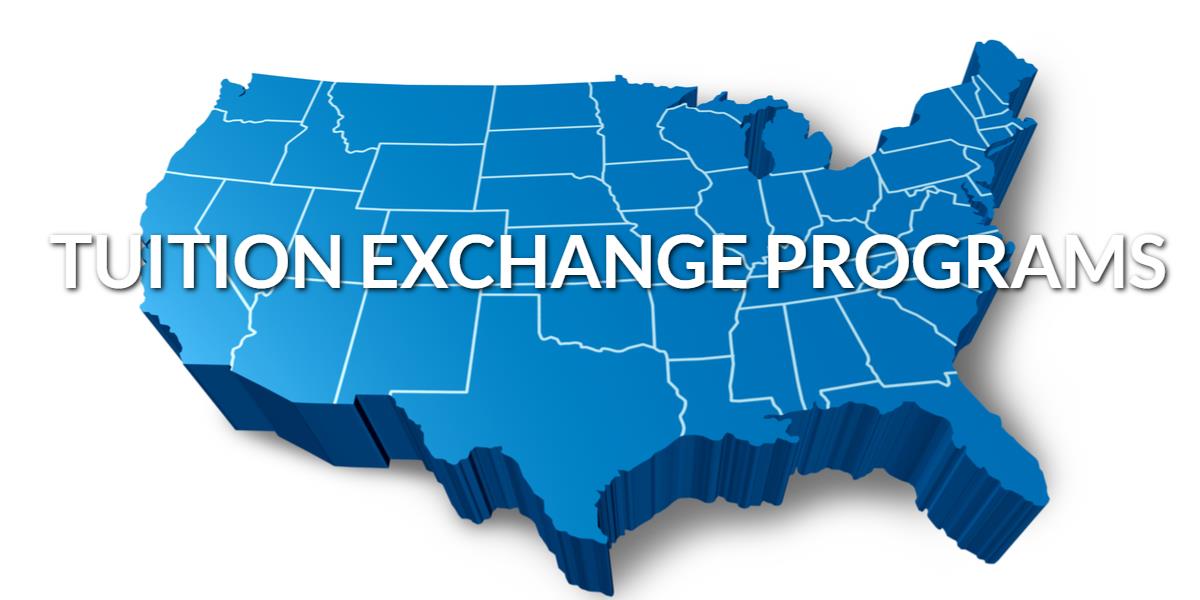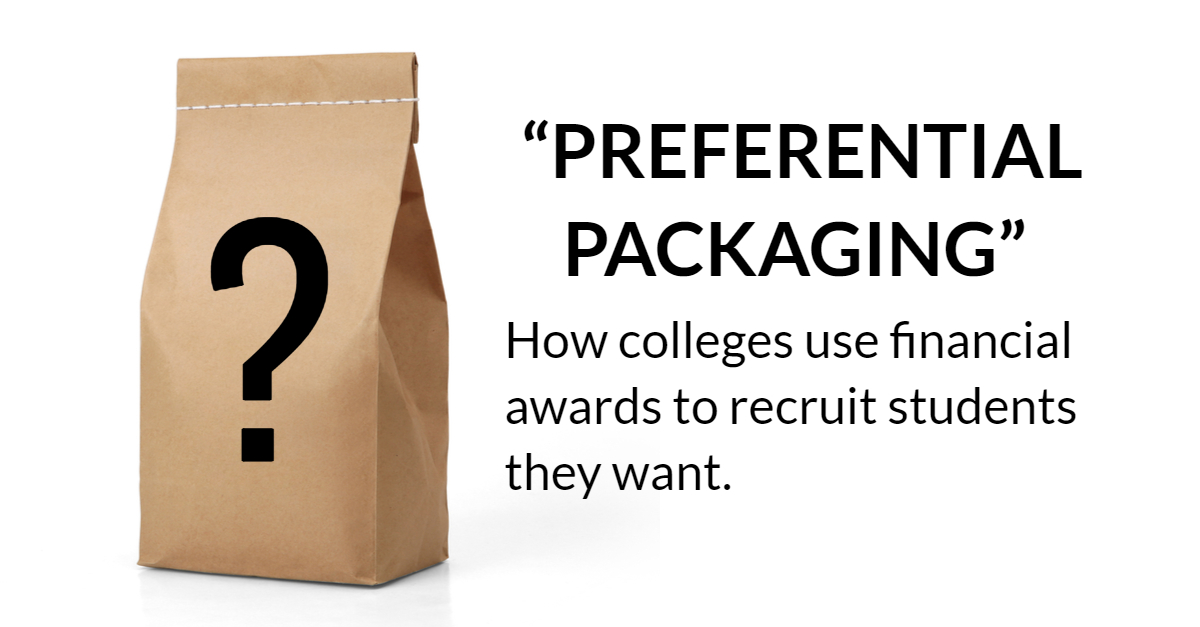Every year the Princeton Review takes a survey that analyzes the hopes and worries of college-bound students and their parents. The 2018 report surveyed 10,958 families, 85% of which were students, and 15% parents. As expected the highest worries for both parents and students are paying for college (financial aid and debt); whereas just 12 years ago the biggest concern was getting into their top college choice. What is interesting in this report was the mindset difference between parents and st....
Read MoreEvery month I get client questions from advisors that leads me to believe there are still a ton of untruths, misbeliefs, and misconceptions in the college market. Forget about the advertised price (which now approaches $300,000 per student), the actual price a family ends up paying for college today will cut deeply into their retirement plans. I think everybody knows it - they just choose to avoid it. So let me point out some of the most prominent misconceptions I often hear and why every family....
Read MoreI wrote a well-read post last year called TUITION HACK: LITTLE-KNOWN WAYS TO PAY IN-STATE TUITION RATES AT OUT-OF-STATE COLLEGES. It’s about cutting the high cost of out-of-state public universities by becoming an actual resident of the particular state where the college was located. As I mentioned in the article, there are four basic elements used to determine residency by these out-of-state public universities. They are, 1) Duration of residence requirement, 2) Financial independence, 3) Pr....
Read MoreCollege costs have escalated beyond the reach of many families today. While the cost of in-state public universities hovers around $30,000 a year, private school costs have now reached the $70,000 mark. As a result, many of these private colleges now use financial aid as a recruiting tool for students that fit the school’s profile. This phenomenon is called "preferential packaging." Preferential packaging merely means that colleges will offer the most advantageous financial aid packages to ....
Read More


